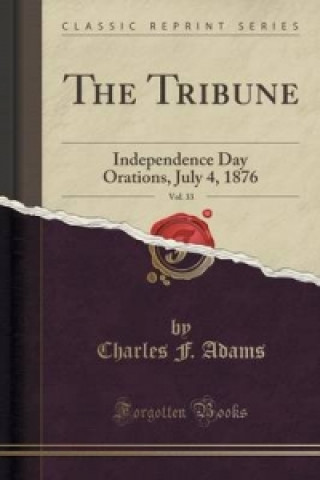
Kód: 09774250
Tribune, Vol. 33
Autor Charles F Adams
Excerpt from The Tribune, Vol. 33: Independence Day Orations, July 4, 1876 A reverent spirit has explored the lives of the men who took part in the great transaction; has unfolded their characters and exhibited to an admiring p ... celý popis
- Jazyk:
 Angličtina
Angličtina - Vazba: Brožovaná
- Počet stran: 74
Nakladatelství: Forgotten Books, 2015
- Více informací o knize

375 Kč
Dostupnost:
50 % šance Máme informaci, že by titul mohl být dostupný. Na základě vaší objednávky se ho pokusíme do 6 týdnů zajistit.
Máme informaci, že by titul mohl být dostupný. Na základě vaší objednávky se ho pokusíme do 6 týdnů zajistit.Prohledáme celý svět
Mohlo by se vám také líbit
Darujte tuto knihu ještě dnes
- Objednejte knihu a zvolte Zaslat jako dárek.
- Obratem obdržíte darovací poukaz na knihu, který můžete ihned předat obdarovanému.
- Knihu zašleme na adresu obdarovaného, o nic se nestaráte.
Informovat o naskladnění knihy
Zadejte do formuláře e-mailovou adresu a jakmile knihu naskladníme, zašleme vám o tom zprávu. Pohlídáme vše za vás.
Více informací o knize Tribune, Vol. 33
Nákupem získáte 38 bodů
 Anotace knihy
Anotace knihy
Excerpt from The Tribune, Vol. 33: Independence Day Orations, July 4, 1876 A reverent spirit has explored the lives of the men who took part in the great transaction; has unfolded their characters and exhibited to an admiring posterity the purity of their motives; the sagacity, the bravery, the fortitude, the perseverance which marked their conduct, and which secured the prosperity and permanence of their work. II. Grandeur of the Work of 1776. Philosophy has divined the secrets of all this power, land eloquence emblazoned the magnificence of all its results. The heroic war which fought out the acquiescence of the Old World in the independence of the New; the manifold and masterly forms of noble character and of patient and serene wisdom which the great influences of the times begat; the large and splendid scale on which these elevated purposes were wrought out, and the majestic proportions to which they have been filled up; the unended line of eventful progress, casting ever backward a flood of light upon the sources of the original energy, and ever forward a promise and a prophecy of unexhausted power - all these have been made familiar to our people by the genius and the devotion of historians and orators. The greatest statesmen of the Old World for this same period of 100 years have traced the initial steps in these events, looked into the nature of the institutions thus founded, weighed by the Old World wisdom, and measured by recorded experience, the probable for tunes of this new adventure on an unknown sea. This circumspect and searching survey of our wide field of political and social experiment, no doubt, has brought them a diversity of judgment as to the past and of expectation as to the future. But of the magnitude and the novelty and the power of the forces set at work by the event we commemorate, no competent authorities have ever greatly differed. The cotemporary judgment of Burke is scarcely an overstatement of the European opinion of the immense import of American independence. He declared: "A great revolution has happened - a revolution made, not by chopping and changing of power in any of the existing States, but by the appearance of a new State, of a new species, in a new part of the globe. It has made as great a change in all the relations and balances and gravitations of power as the appearance of a new planet would in the system of the solar world." It is easy to understand that the rupture between the Colonies and the mother country might have worked a result of political independence that would have involved no such mighty consequences as are here so strongly announced by the most philosophic statesman of his age. The resistance of the Colonies, which came to a head in the revolt, was led in the name and for the maintenance of the liberties of Englishmen, against Parliamentary usurpation and a subversion of the British Constitution. A triumph of those liberties might have ended in an emancipation from the rule of the English Parliament, and a continued submission to the scheme and system of the British monarchy, with an American Parliament adjusted thereto, upon the one principles of the English Constitution. Whether this new political establishment should have maintained loyalty to the British sovereign, or should have been organized under a crown and throne of its own, the transaction would, then, have had no other importance than such as belongs to a dismemberment of existing empire, but with preservation of existing institutions. There would have been, to be sure, a "new state," but not "of a new species," and that it was in a new part of the globe would have gone far to make the dismemberment but a temporary and circumstantial disturbance in the old order of things. Indeed, the solidity and perpetuity of that order might have been greatly confirmed by this propagation of the
 Parametry knihy
Parametry knihy
Zařazení knihy Knihy v angličtině Society & social sciences Politics & government Political science & theory
375 Kč
- Plný název: Tribune, Vol. 33
- Podnázev: Independence Day Orations, July 4, 1876 (Classic Reprint)
- Autor: Charles F Adams
- Jazyk:
 Angličtina
Angličtina - Vazba: Brožovaná
- Počet stran: 74
- EAN: 9781331669548
- ISBN: 9781331669548
- ID: 09774250
- Nakladatelství: Forgotten Books
- Hmotnost: 109 g
- Rozměry: 229 × 152 × 4 mm
- Datum vydání: 09. July 2015
Oblíbené z jiného soudku
-
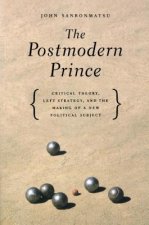
Postmodern Prince
1040 Kč -

The Clash of Civilizations and the Remaking of World Order
302 Kč -

Prince
171 Kč -

Prince
203 Kč -

The Social Contract
185 Kč -
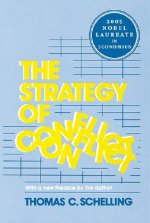
Strategy of Conflict
887 Kč -

Oxford Handbook of Modern Diplomacy
1314 Kč -
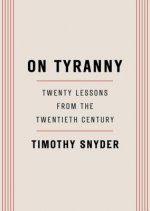
On Tyranny
242 Kč -

Captive Mind
357 Kč -

Hope In The Dark
302 Kč -

Common Sense
276 Kč -

Analysis of Robert D. Putnam's Bowling Alone
227 Kč -

The Politics Book
564 Kč -

Anarchism and Other Essays
246 Kč -

How to Run A Government
303 Kč -

Administration of Fear
313 Kč -

Two Books of the Elements of Universal Jurisprudence
360 Kč -

Culture of National Security
1197 Kč -

Conspiracy Theories
265 Kč -

Open Conspiracy
732 Kč -
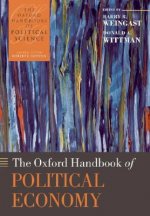
Oxford Handbook of Political Economy
1257 Kč -
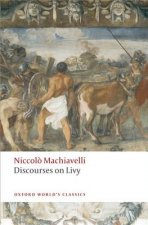
Discourses on Livy
276 Kč -

Coup d'Etat
757 Kč -

Revolutions In Reverse: Essays On Politics, Violence, Art, And Imagination
437 Kč -

Communist Manifesto
302 Kč -

Analysis of Hans J. Morgenthau's Politics Among Nations
227 Kč -

Destined for War
477 Kč -
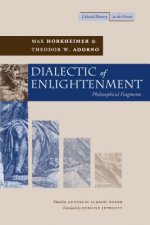
Dialectic of Enlightenment
751 Kč -

The Principles of Political Economy and Taxation
351 Kč -

Analysis of Max Weber's Politics as a Vocation
254 Kč -

Biggest Secret
484 Kč -

So You Want to Talk About Race
257 Kč -

Divided
276 Kč -
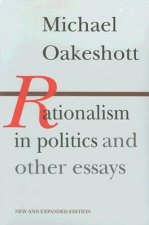
Rationalism in Politics & Other Essays
344 Kč -

Twenty-First Century Socialism
344 Kč -
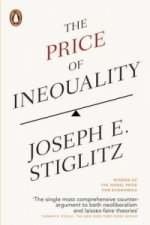
Price of Inequality
433 Kč -

The Culture of Fear (Revised)
373 Kč -

Oxford Handbook of National Security Intelligence
1832 Kč -

Retrotopia
509 Kč -

Machine Learning For Kids
679 Kč -
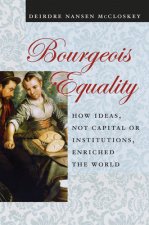
Bourgeois Equality
833 Kč -

Fashion and Politics
1318 Kč -

Ronald Reagan
1257 Kč -
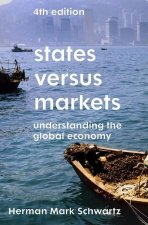
States Versus Markets
1365 Kč -

Case for Nationalism
625 Kč -
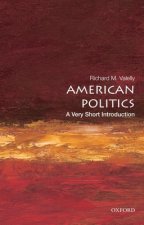
American Politics: A Very Short Introduction
276 Kč -
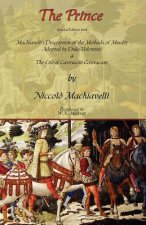
Prince - Special Edition with Machiavelli's Description of the Methods of Murder Adopted by Duke Valentino & the Life of Castruccio Castracani
363 Kč -

Chaos and Complexity Theory in World Politics
6491 Kč -
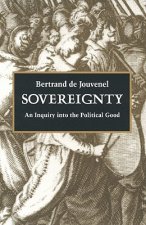
Sovereignty
410 Kč
Osobní odběr Praha, Brno a 12903 dalších
Copyright ©2008-24 nejlevnejsi-knihy.cz Všechna práva vyhrazenaSoukromíCookies








 Vrácení do měsíce
Vrácení do měsíce 571 999 099 (8-15.30h)
571 999 099 (8-15.30h)